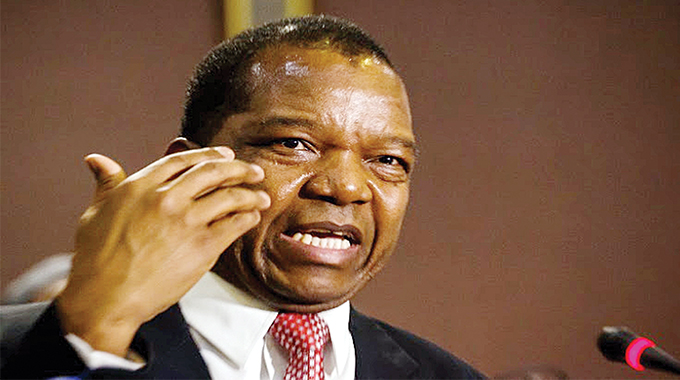Where the code of conduct is silent on procedure

Davies Ndumiso Sibanda, Labour Disputes
ON many occasions, employer and employee representatives argue on procedure where the Code of Conduct is silent yet they can easily resort to common law principles. Many Codes of Conduct are silent on disciplinary procedure when it comes to disciplining senior employees such as heads of department and the chief executive.
The most common problematic cases are where the chief executive is the complainant and the parties have to find an acceptable disciplinary authority and the Code of Conduct is silent.
In such cases, there is nothing wrong with parties resorting to common law by appointing an individual or a committee of people knowledgeable on labour matters as long as the individuals are acceptable to both parties and are not conflicted in any way.
Courts will see justice as having been done as long as the process or procedure followed did not create any prejudice.
This position was set by the Supreme Court in the matter Dulys Holdings vs Chanaiwa SC17/07 where the judge said:
“I am not persuaded by this argument. Apart from Papalexis not having solely determined the respondent’s fate at the disciplinary committee stage, since he sat with others on the committee, the appeals committee, in its turn, comprised members who represented, in equal numbers, management and workers.
To suggest without substantiation that members of both these committees so stood in awe of Papalexis that they would not have dared to go against his (Papalexis’) judgment on the respondent’s case, is, in my view, to unfairly put their personal integrity and professionalism into question.
The appellant’s argument that it did the best thing under the circumstances to ensure that the respondent had a fair hearing cannot, in my view, be faulted. To the extent that the respondent was given an opportunity to answer to the charges and present his side of the story, he should not be heard to say that there was no observance of the audi alteram partem rule.
The court a quo correctly noted in its judgment that the rules of justice required no more than that the domestic tribunal acts according to the common sense precepts of fairness.
Given the circumstances outlined above, I respectfully disagree with the court a quo’s conclusion that it could, in casu, not be said that the rules of natural justice were observed.
I am satisfied that the respondent was, therefore, not prejudiced in any way by the disciplinary procedures followed.
The appellant argues, correctly, that the adoption of disciplinary procedures not specifically outlined in the Code finds support in ZFC v Eunice Geza SC 14/97, where this court emphasised the importance of flexibility in the conduct of disciplinary tribunals, and the principle that they were there to conduct an inquiry.
It cannot, in my view, be said in this case that the disciplinary tribunal did not conduct an inquiry.”
In conclusion, this case clearly demonstrates the need not to be bogged down by absence of express procedure as parties can still proceed with disciplinary cases as long as no prejudice occurs. However, it must be explained to the parties as to why this approach has been taken.
λ Davies Ndumiso Sibanda can be contacted on: email: [email protected]










Comments